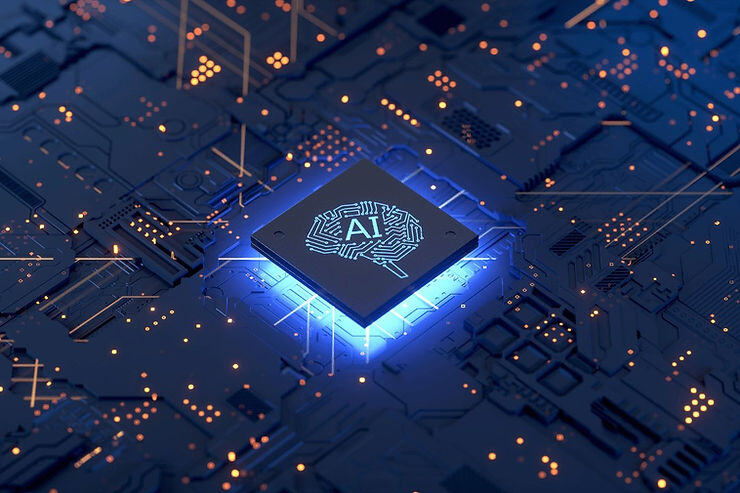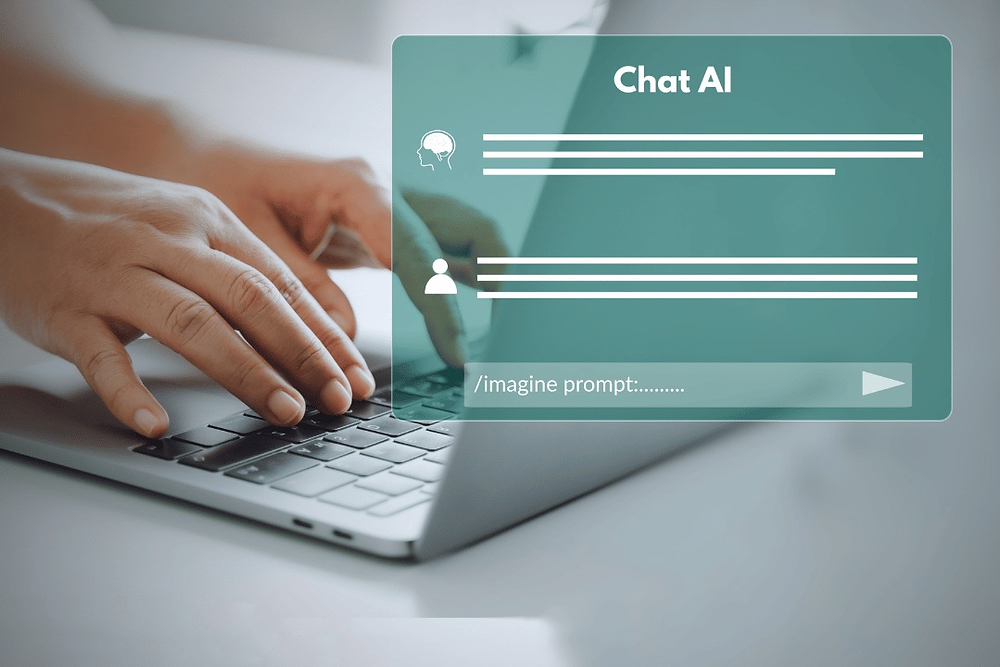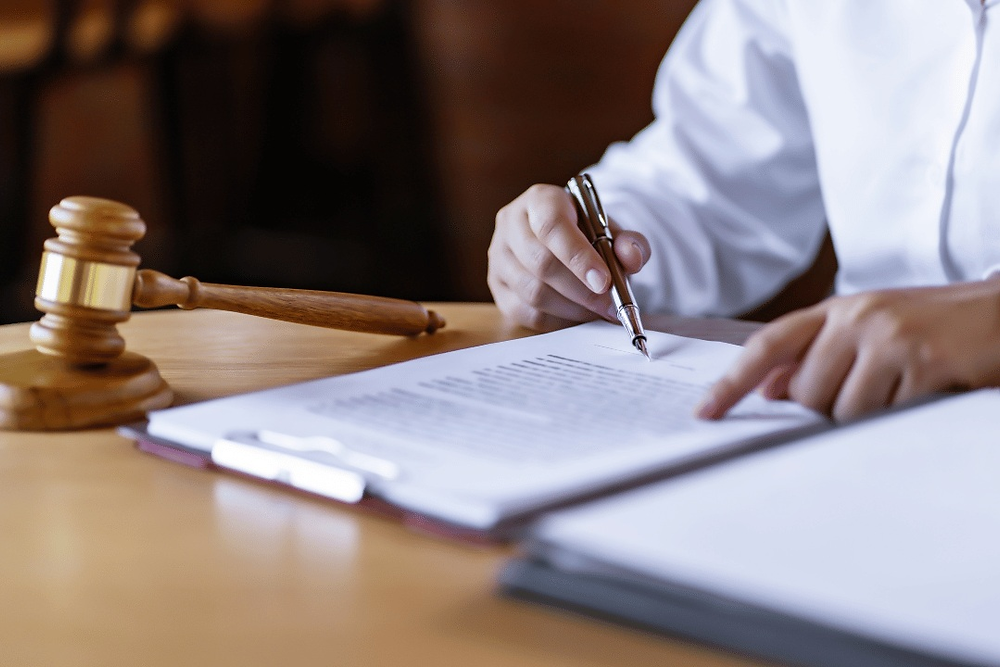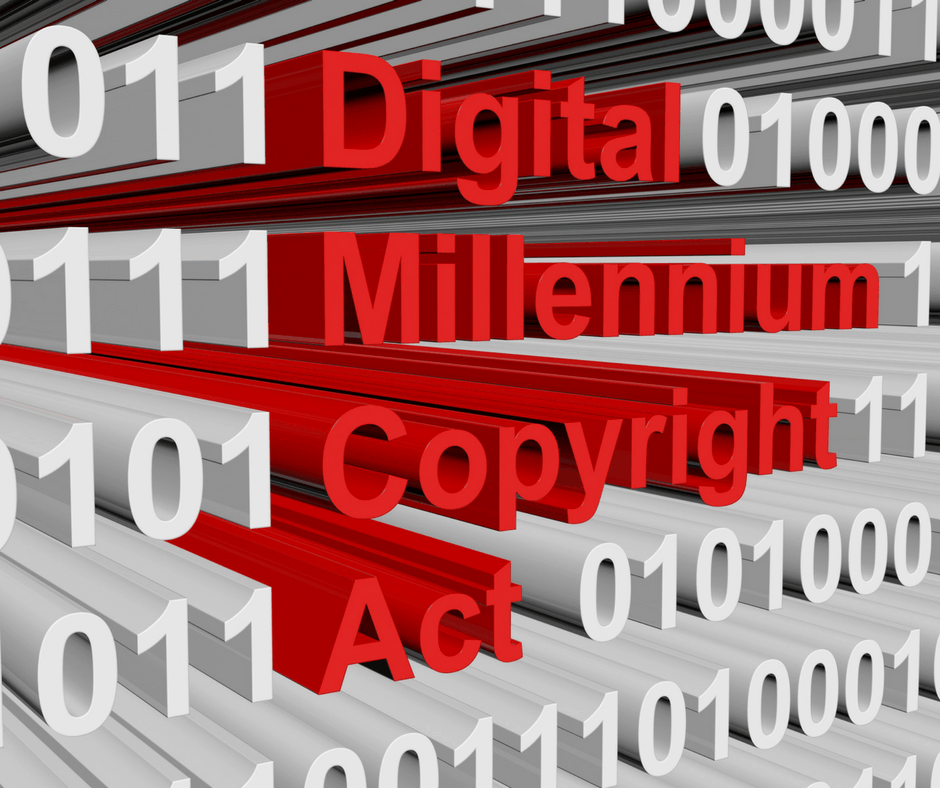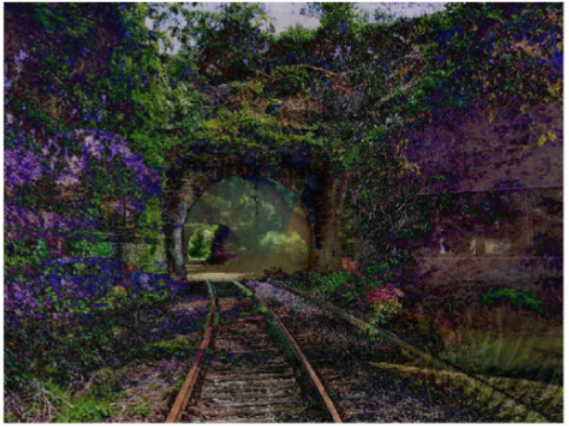
Mr. Thaler then sought judicial review of this decision. The D.C. District Court agreed with the Copyright Office finding that a work created purely by AI cannot be protected by copyright laws because for copyright protection to exist, there must be a human author. In fact, the Court reasoned that at least under current law, “Human authorship is a bedrock requirement of copyright.” Id. at *11. The work in question is therefore necessarily part of the public domain and lacks copyright protection.
While, at least as far as I can find, this is the first case to squarely address the question of whether human authorship is an absolute requirement for copyright protection, it is consistent with and considered prior precedent where copyright protections for works where human authorship was absent or questionable. Most significantly, a prior court declined to allow a macaque monkey, dubbed Naruto, to sue for copyright infringement over a selfie. Naruto v. Slater, 888 F.3d 418, 420 (9th Cir. 2018). The Naruto issue was decided on standing rather than directly addressing the question of whether the image could have copyright, but it nonetheless is at least consistent with and supports the Court’s decision in Thaler.



